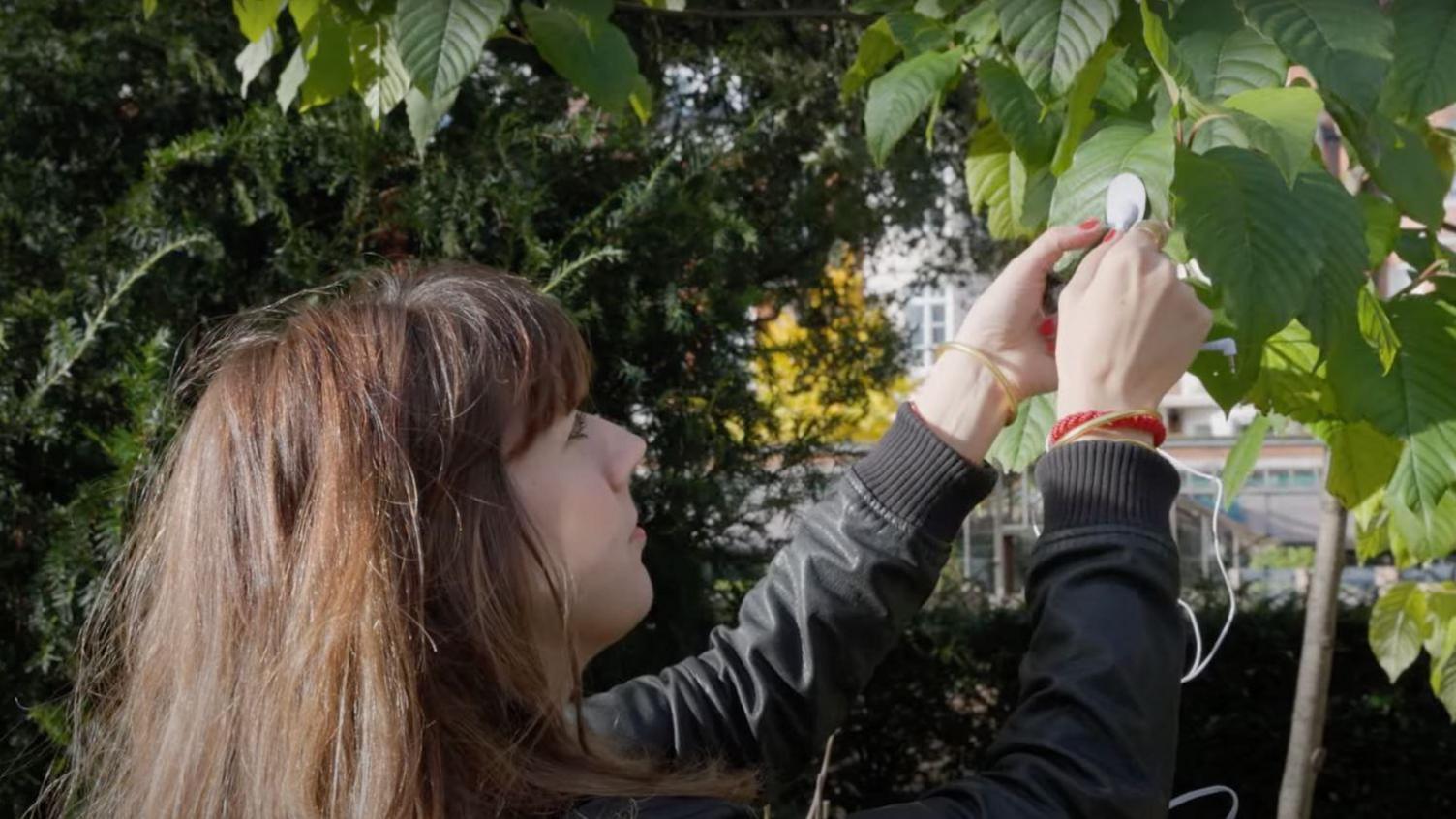'Cancer weight gain led to my eating disorder'
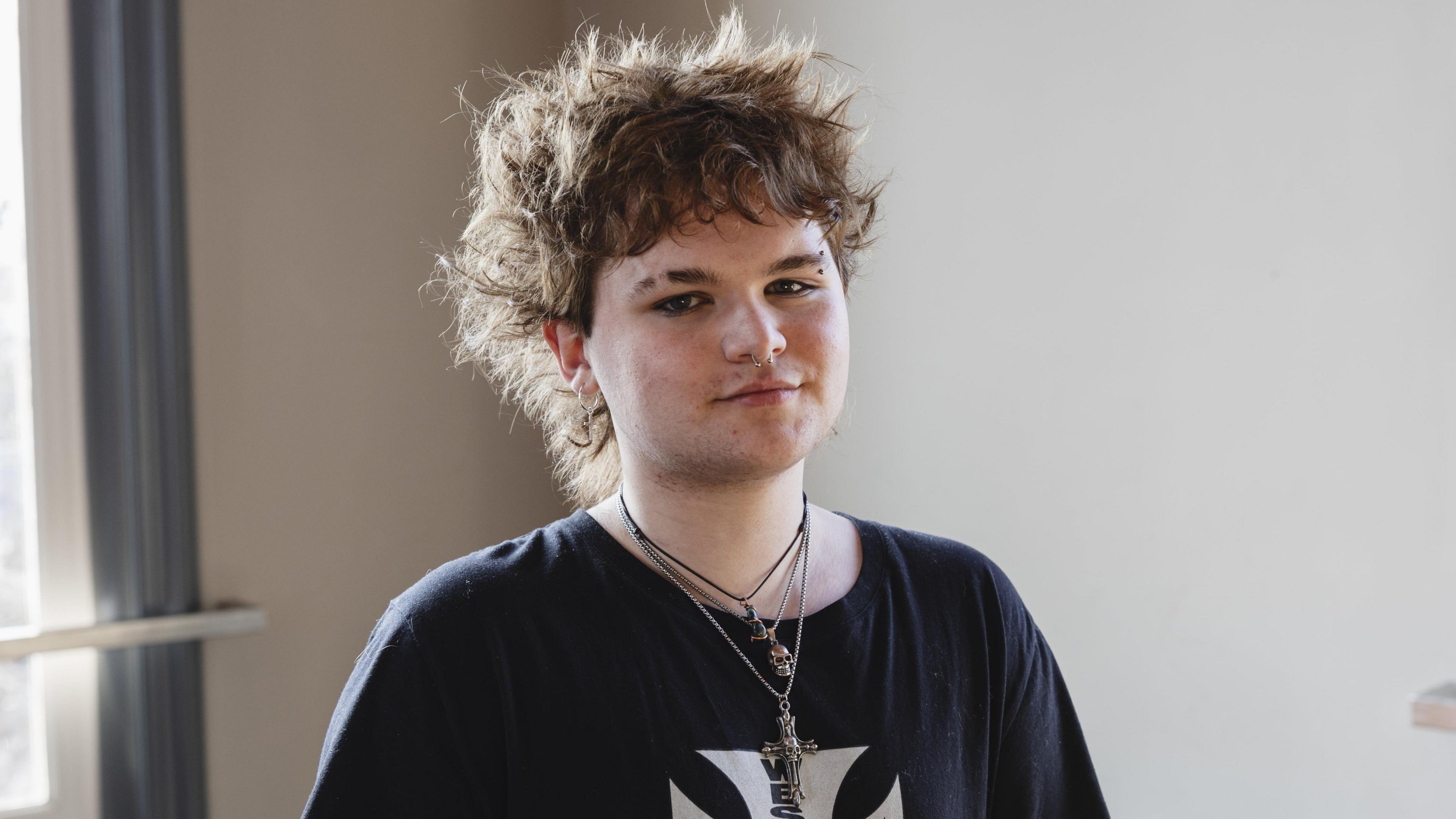
Jude Solley has backed a campaign to raise awareness of the negative impact cancer treatment could have on body image
- Published
An East Sussex man who was "in a very dark place" after putting on weight during cancer treatment has advised others to ask for help.
Jude Solley, from Seaford, said he developed an eating disorder after treatment for his leukaemia led to weight gain.
The 20-year-old backed the charity Teenage Cancer Trust's campaign to raise awareness of the negative impact treatment could have on body image.
"My advice to people with cancer who are struggling with body image issues is to try to remember that it's only temporary, you'll get back to normal," Mr Solley said.
"And if things are getting too much you need to ask for help."
Support and information for anyone affected by these issues can be found at BBC Action Line.
Mr Solley said doctors initially thought he had glandular fever but a blood test later confirmed he had leukaemia.
He underwent six months of chemotherapy and a further three years of treatment at the age of 16, during which steroids he was prescribed led to weight gain.
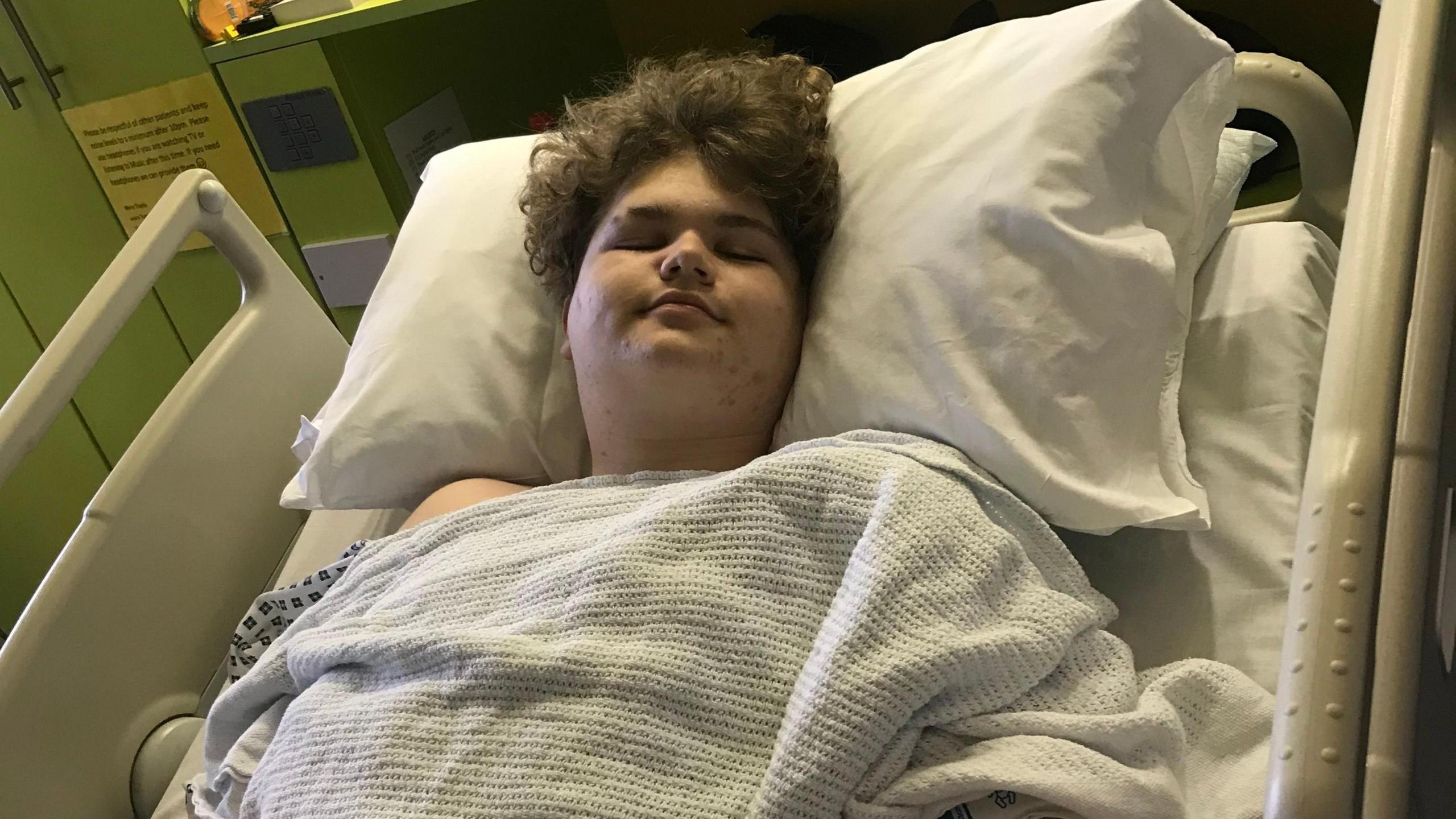
Mr Solley said he developed an eating disorder during cancer treatment but was "OK now"
"Every day I found myself looking at a different person in the mirror and it got to the point where I couldn't look at myself at all," he said.
"I didn't want to leave the house much, and I'd freak out if anyone tried to take a picture of me."
He added that, after he developed an eating disorder, medical staff noticed he was losing weight too quickly and a Teenage Cancer Trust nurse referred him for psychological help.
"I was depressed and in a very dark place, it was a dangerous time, but I'm OK now," Mr Solley said.
Mental health 'overlooked'
According to a survey published on Tuesday by a series of cancer charities, 29% of people diagnosed with cancer under the age of 25 didn't receive support to improve their body image or self-esteem.
Dr Louise Soanes, the chief nurse at the Teenage Cancer Trust, said appearance changes caused by cancer or its treatment had "a huge impact on the mental health of young people".
The impact was "often overlooked", she said, and "it's important that young people get the emotional and psychological support that they need to cope" with a cancer diagnosis.
"We're thankful to the young people involved in our campaign for helping us shine a light on just one of the issues affecting their mental health," she added.
The charity said more must be done to support young people with cancer psychologically and that mental health help was "a postcode lottery".
It added it wanted every teenager and young adult with cancer to have access to "expert psychological support from a trained psychologist from the point of diagnosis and for a minimum of two years post-treatment".
The Department of Health and Social Care was contacted for comment.
Follow BBC Sussex on Facebook, external, on X, external, and on Instagram, external. Send your story ideas to southeasttoday@bbc.co.uk, external or WhatsApp us on 08081 002250.
Related topics
- Published12 May 2023
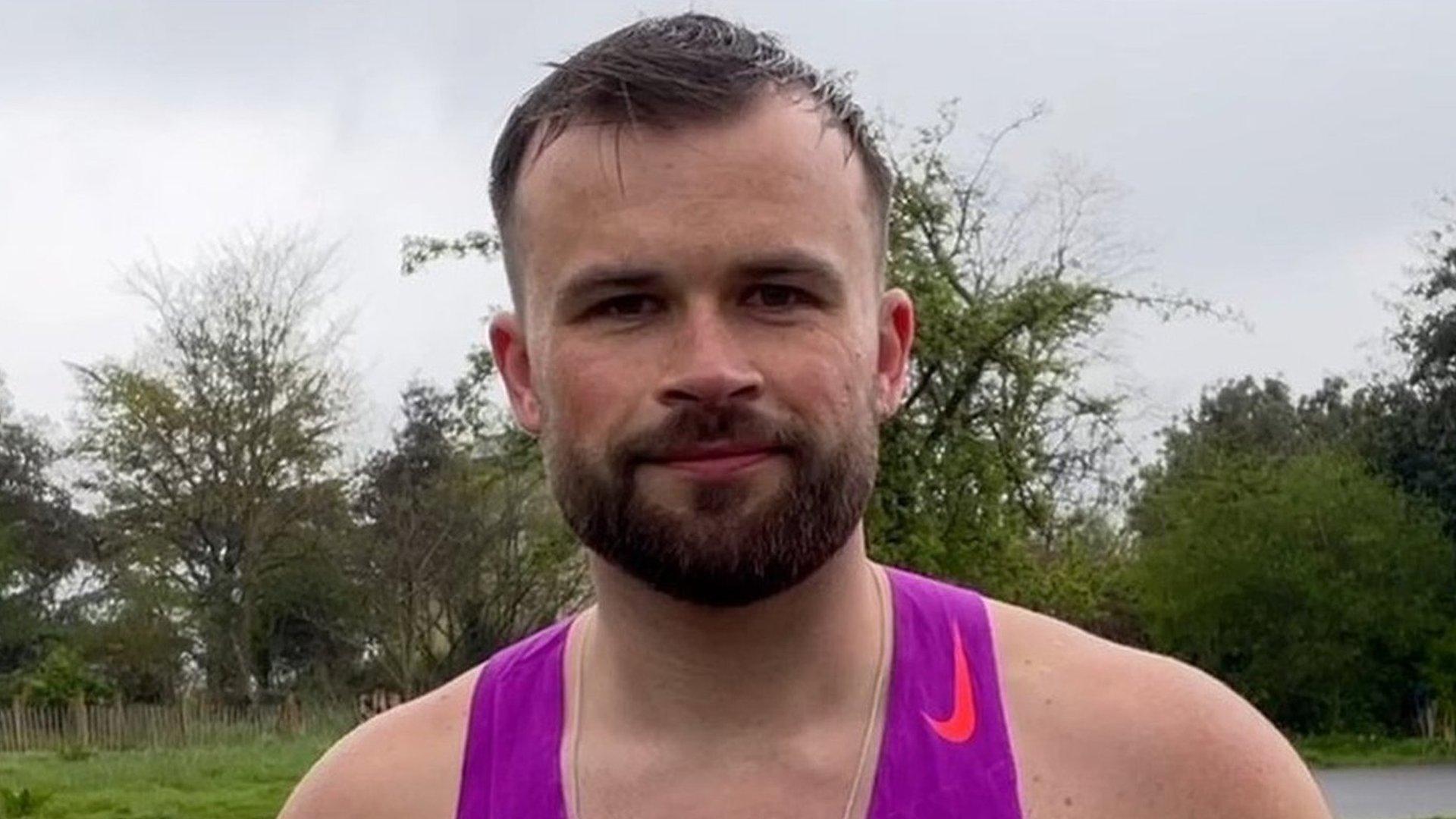
- Published5 January
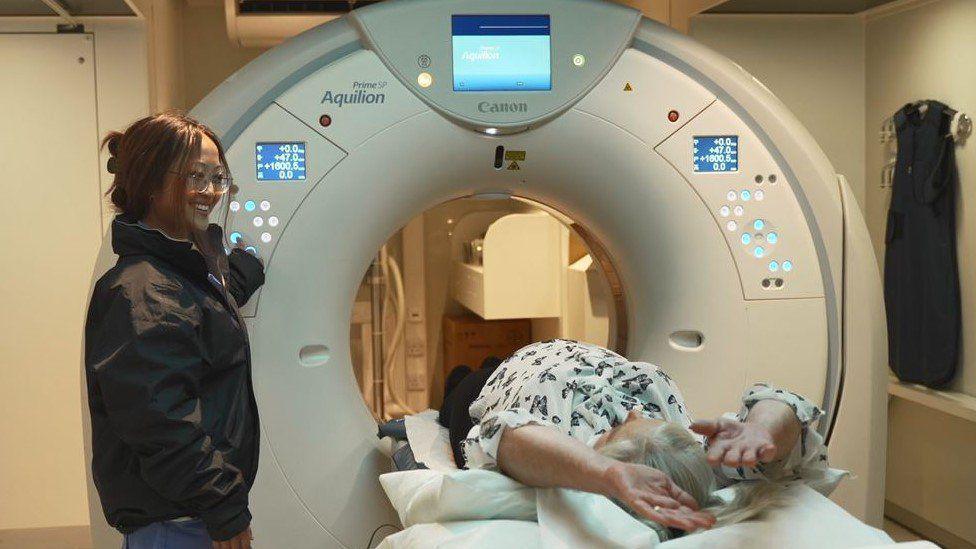
- Published28 March
